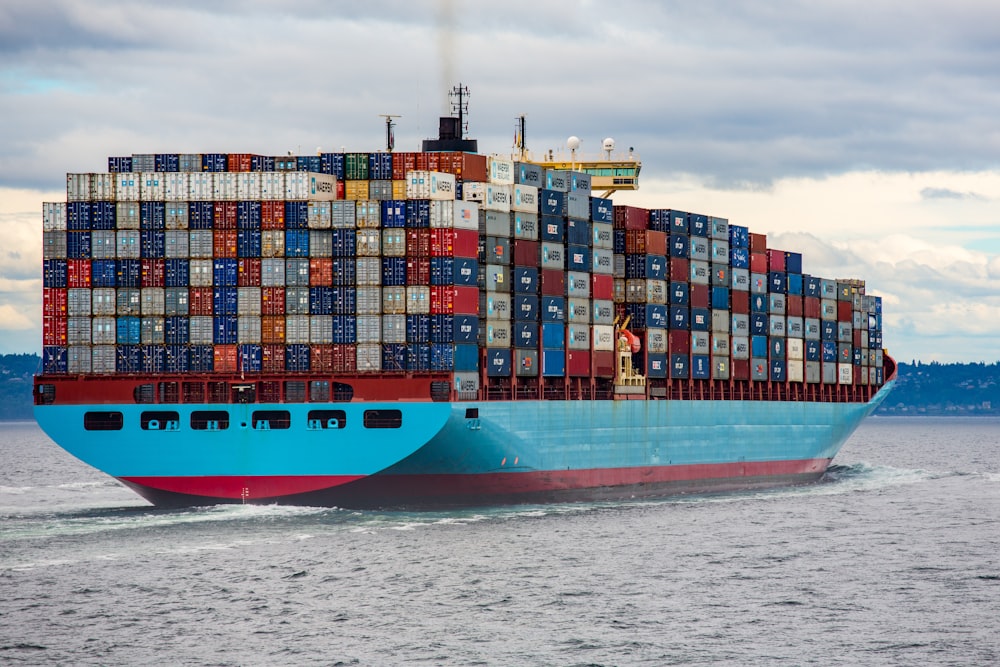Docker: Revolutionizing Software Deployment

In the rapidly evolving landscape of software development and deployment, Docker has emerged as a game-changer. This blog post will take you on an in-depth journey to explore Docker's vast advantages and multifaceted use cases, emphasizing its pivotal role for developers, operations teams, and businesses.
I. Docker Deconstructed
Understanding Docker: Docker is an open-source platform that automates the deployment of applications inside lightweight, portable containers. These containers bundle an application and all its dependencies into a single, cohesive unit.
Docker vs. Virtualization: It's essential to grasp how Docker containers differ from traditional virtualization. Containers are lightweight, share the host OS, and are highly efficient.
II. Advantages of Docker
Portability and Consistency: Docker ensures that applications run consistently across different environments - from developer laptops to testing and production servers.
Rapid Deployment: Docker containers can be spun up or torn down in seconds, making deployment lightning-fast.
Resource Efficiency: Containers share the host OS's kernel, which leads to optimized resource usage and enables running many containers on a single server.
Isolation and Security: Docker provides isolation between containers, enhancing security. It uses namespaces and control groups to achieve this.
Scalability: Docker simplifies application scaling. Containers can scale horizontally (replicating the same container) or vertically (scaling individual containers).
III. Docker in Action
DevOps and CI/CD: Docker is integral to DevOps practices and enables Continuous Integration and Continuous Deployment (CI/CD) pipelines.
Microservices Architecture: Docker plays a vital role in the development and deployment of microservices, breaking down applications into smaller, manageable components.
Application Modernization: Legacy applications can be 'containerized,' breathing new life into them while retaining their functionality.
Cloud-Native Development: Docker aligns seamlessly with cloud-native application development, offering agility and scalability for cloud environments.
Data Science and Machine Learning: Data scientists and engineers use Docker to create reproducible and consistent ML environments.
IoT and Edge Computing: Docker simplifies the deployment and management of applications on IoT devices and edge servers.
Serverless Computing: Serverless architectures benefit from Docker containers, where each function runs in a separate container.
Development Environments: Setting up development environments is a breeze with Docker. Developers can mirror production environments on their local machines.
Testing and Quality Assurance: Docker enables consistent and reproducible testing environments, streamlining QA processes.
IV. The Docker Ecosystem
Docker Compose: Compose is a tool for defining and running multi-container Docker applications.
Docker Swarm: Docker's native orchestration tool, Swarm, simplifies the management of multi-container applications.
Kubernetes Integration: Docker can work in conjunction with Kubernetes, the leading container orchestration platform, for advanced deployment and scaling.
V. Real-World Applications
Case Studies: Real-world examples illustrate Docker's practical applications across various industries.
Hands-On: Building Your First Docker Container: We provide a step-by-step tutorial on creating a basic Docker container.
VI. Best Practices and Pro Tips
Image Management: Learn strategies for efficient image management, including creating, updating, and sharing images.
Networking: Configure container networking, ensuring communication within and outside the containerized environment.
Security: Implement best practices to secure Docker containers and images, addressing vulnerabilities and protecting your applications.
Monitoring and Logging: Discover tools and practices to monitor the performance and log data from Docker environments.
VII. Challenges and Considerations
Container Security: Understand and address the security challenges associated with containerization.
Scalability Challenges: Challenges can arise when scaling Docker containers, and we provide insights on handling them.
Learning Curve: Newcomers to Docker may face a learning curve, but we offer strategies to overcome it.
VIII. The Future of Docker
Docker's Evolution: Explore Docker's roadmap and its evolving role in the future of application deployment.
Alternatives and Competing Technologies: Understand Docker's place in the broader landscape of containerization technologies.
Conclusion
Docker's transformative impact on software deployment and development is undeniable. Its myriad advantages and versatile use cases have made it an integral part of modern software ecosystems. As Docker continues to evolve and integrate with complementary technologies, its influence on software development, infrastructure management, and cloud computing will only intensify. By embracing Docker and mastering its application, businesses and developers can streamline workflows, reduce operational overhead, and align themselves with the future of containerization.


























